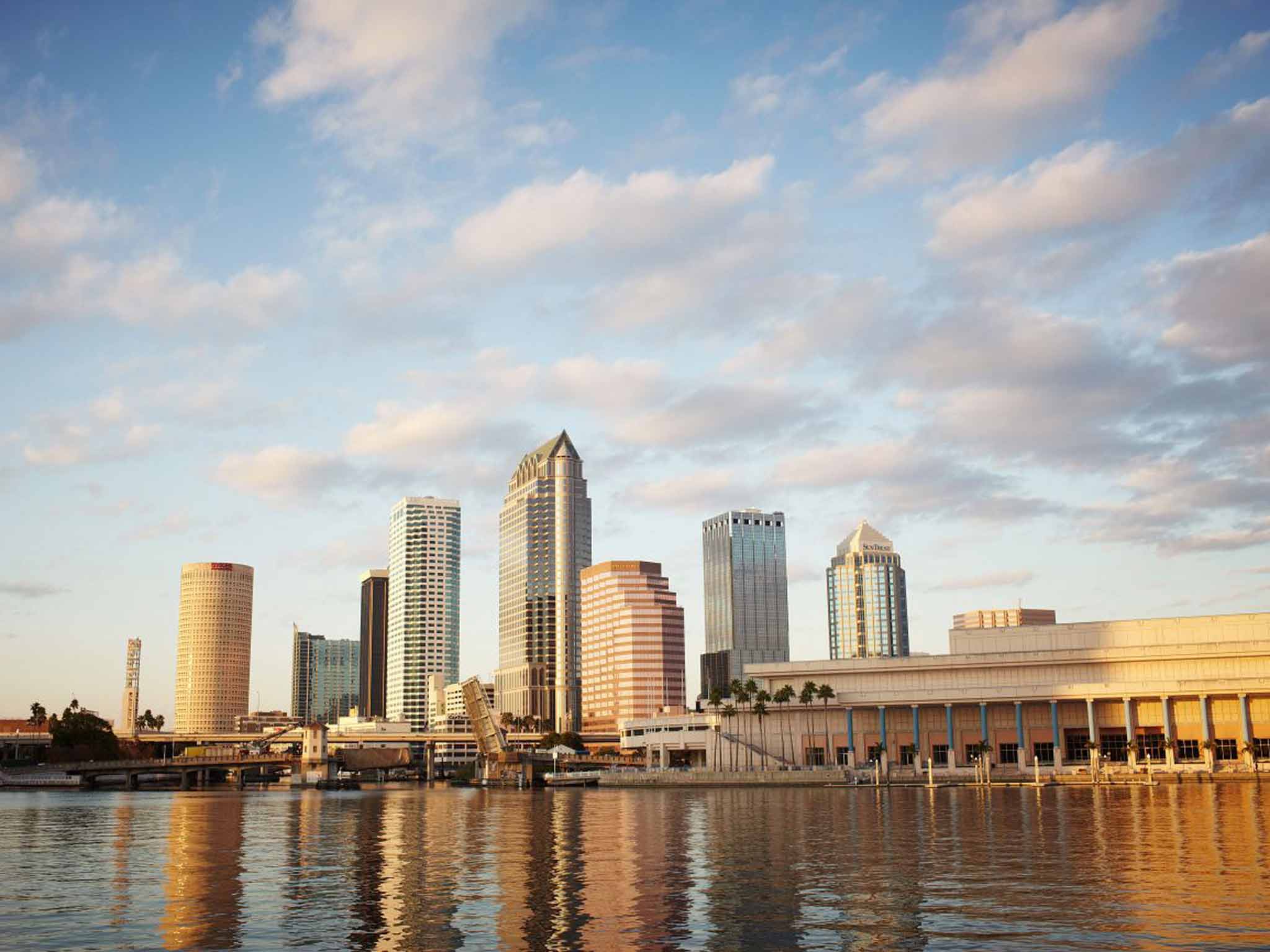Overbooking, downgrading and flight compensation: How different airlines respond
The man who pays his way

As the winter equinox signals descent into winter, Britain's travel industry deserves to be congratulated for a record-breaking summer. In a collective operation of great complexity and scale, trains, boats and planes have safely borne tens of millions of us away and home again.
The three biggest UK airports – Heathrow, Gatwick and Manchester – coped well with their busiest days ever, though the airports of Rome, Dublin and Las Vegas suffered from spectacular fires. These blazes, thankfully with no one badly hurt, bookended the summer with disruption.
The airlines have prospered handsomely from strong demand. For example, every plane from Malaga to Britain on bank holiday Monday was packed, with the last few seats selling at many hundreds of pounds. But operations have, on occasion, been seriously overstretched this summer as airlines have pressed more planes and crews into active service, reducing resilience.
Strong demand also increases the temptation to overbook flights. I remain convinced of the benefits of airlines selling seats that don't exist. But this summer I have received more complaints about overbooking than in any previous year. Most grievances concern a failure to administer the fall-out when too many passengers turn up. In that context, an account from Keith Robertson of his family's first trip to Florida – in 1992 – is instructive. They were booked on Northwest Airlines (now part of Delta) from Glasgow to Tampa, with a change of plane in Boston. As they waited, the ground staff asked if any passengers would give up their seats in exchange for $300.
"We were debating whether to try our luck when a further announcement 'upped the ante' to $400," recalls Mr Robertson. Instead of flying direct to Tampa, they would fly to Detroit and change again there, arriving at 9pm instead of 7pm.
"The only question, from my 15-year-old daughter, was: 'Who gets the money?' We did the deal and embarked on the 747 to Detroit.
"At Tampa airport, we were handed a large number of dollars with the comment: 'Here is your foolin' around money.'
"We have never come across such a good deal again during our travels, but live in hope. The whole thing was handled very smoothly and professionally. We felt that they were doing us a favour, rather than the other way around. British airlines could learn a thing or two."
Downgrade lottery
At the hands of Virgin Atlantic, an 84-year-old lady with Alzheimer's had a very different experience at New York JFK this summer. She was flying to Heathrow with her grandson. Her daughter had booked them into Virgin's premium economy. The day before the flight she tried to check them in online, but says the airline's reservations system would not allow it. "Instead, we arrived at JFK 2 hours, 15 minutes before departure."
Virgin downgraded them both to economy. The airline says: " On this occasion the family were among the last to check in and unfortunately the premium economy cabin was full. As there were no volunteers to give up their seats, we needed to downgrade the family to some extra-legroom seats in economy." In that last sentence, I would replace the word "needed" with "decided". So how can you avoid the same thing happening to you or your loved ones? It seems that if your attempts to check in online are rebuffed, you need to get to the airport as soon as check-in opens, three hours before departure.
Virgin tells me that if no one volunteers to downgrade, "we will approach those customers who were last to arrive at check-in or bag drop". In that sentence, I would replace the word "approach" with "downgrade". The airline has offered 40,000 Flying Club miles to each of the downgradees "as a gesture of goodwill". It has also compensated them with 75 per cent of the fare, as stipulated by European passenger-rights rules.
Compensation chasers
Airlines are seething about those European regulations on downgrading, overbooking, cancellation and delays. "Free money" is how some of them describe the obligation to pay compensation for flights that arrive more than three hours late – even if the plane is delayed by a part that fails prematurely, as the European Court of Justice ruled this week. Given a couple of inquiries that have come in to the travel desk, the airlines have a point. One passenger writes of a 164-minute delay on a flight from London to Milan – just under the compensation threshold: "I wondered whether there is scope to claim for the inconvenience caused by British Airways?"
Article 19 of the Montreal Convention offers, as you no doubt know, the prospect of recovering financial losses sustained as a result of a delay, but I think a judge would take some convincing to pay out on a relatively modest delay of that length. And after a Gatwick-Olbia flight was delayed by three hours 11 minutes, another reader asked: "easyJet has agreed to pay €1,000 in total for our family of four. Can I just check if there anything else we can squeeze out?" That compensation works out at £1 per person per minute. While easyJet is a very profitable airline, and the delay was no doubt frustrating and inconvenient, I wonder if that is not sufficient recompense?
Join our commenting forum
Join thought-provoking conversations, follow other Independent readers and see their replies
Comments